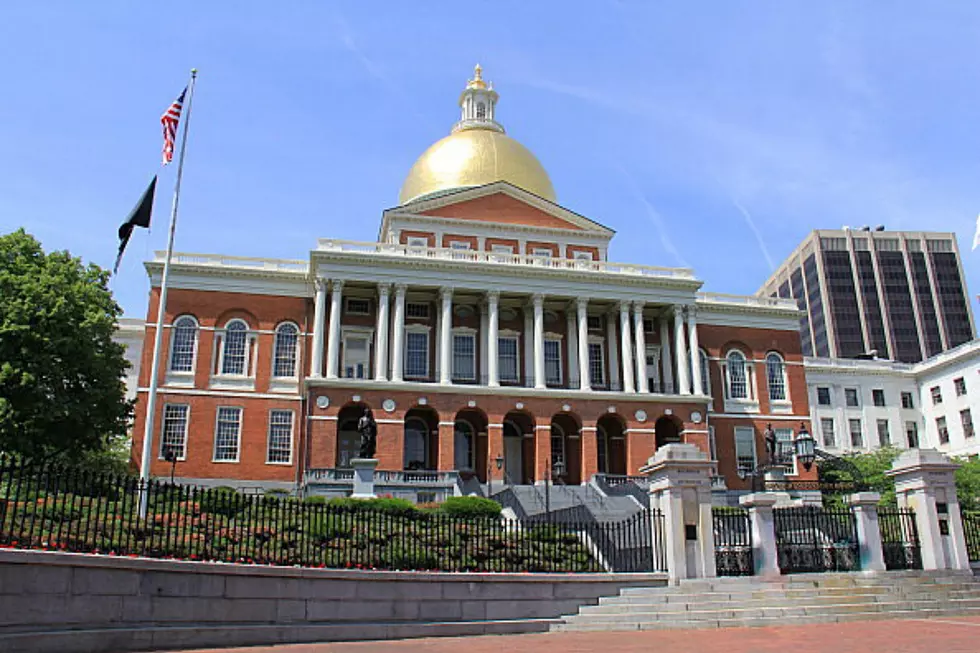![The Demise of Greater New Bedford Voc-Tech Begins [OPINION]](http://townsquare.media/site/518/files/2017/10/GNB-Voc-Tech1.jpg?w=980&q=75)
The Demise of Greater New Bedford Voc-Tech Begins [OPINION]
One of New Bedford's greatest educational success stories is an unlikely one. Who would have imagined 45 years ago when I was graduating from New Bedford High School that someday Greater New Bedford Regional Vocational Technical High School would be among the jewels in the area's education crown? It is, but not for much longer if the progressive politicians continue to screw with it.
The Board of Elementary and Secondary Education is expected to vote today on new regulations around admission policies for the Commonwealth's vocational and technical schools, and it appears as though the participation trophy crowd is about to score a big win.
Department of Elementary and Secondary Education Commissioner Jeff Riley has presented the board with a watered-down version of admission policy changes that give social warriors some of what they are looking for, but not all. The radicals are patient and will be back for the rest of what they are seeking. It's just a matter of time.

While Riley's recommendations to the board state that "applying a single set of state-prescribed admissions criteria is not in the best interests of students, families, and vocational schools and programs" statewide, he has endorsed the core initiative of the progressives.
Riley says the proposed changes "promote equitable access" by removing requirements that grades, attendance, discipline record, and counselor recommendations be used as admission criteria. Riley's plan also appears to set quotas or at least quota guidelines for admission.
As reported last week by the State House News Service, the Vocational Education Justice Coalition and the Black Educators Alliance of Massachusetts insist the changes don't go far enough.
This is an assault on students, their families, educators, and school staff who respect hard work, demand solid attendance, and require good behavior. It says you no longer have to strive to be the best you can be because some liberal politician has got your backside covered.
In addition, to suggest that students of color, children of immigrant parents, and those from less affluent backgrounds can not achieve at the same level as anyone else is insulting and demeaning.
Barry Richard is the host of The Barry Richard Show on 1420 WBSM New Bedford. He can be heard weekdays from noon to 3 p.m. Contact him at barry@wbsm.com and follow him on Twitter @BarryJRichard58. The opinions expressed in this commentary are solely those of the author.
LOOK: Here are the biggest HBCUs in America
LOOK: The most expensive weather and climate disasters in recent decades
More From WBSM-AM/AM 1420




![Massachusetts Governor’s Mask Mandate Conundrum [OPINION]](http://townsquare.media/site/518/files/2020/01/photos_2020_01-22_budget_Polito_Baker.jpg.small_.jpg?w=980&q=75)

![State Threatens Greater New Bedford Voc-Tech, Diman [OPINION]](http://townsquare.media/site/518/files/2020/10/GNB-Voc-Tech.jpg?w=980&q=75)
![Time to Rally to Save Greater New Bedford Voc-Tech [OPINION]](http://townsquare.media/site/518/files/2020/10/GNB-Voc-Tech.jpg?w=980&q=75)
